National Disability Insurance Scheme
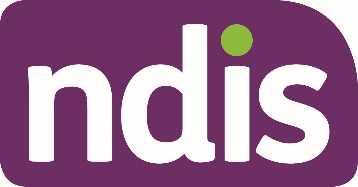 |
The National Disability Insurance Scheme (NDIS) is a new way of delivering support. | |
 |
It gives people with disability choice and control. | |
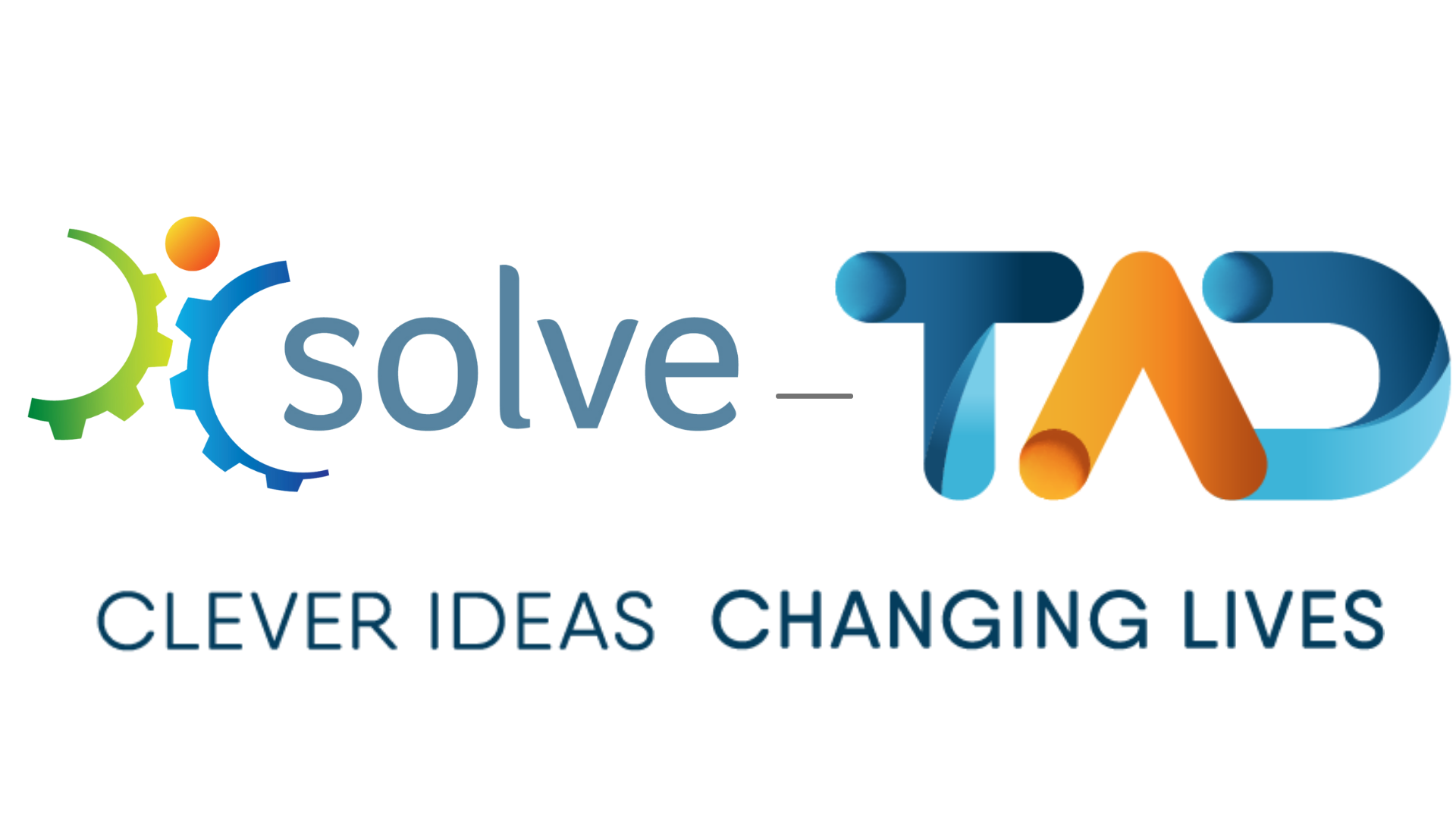 |
Solve-TAD is an NDIS-registered service provider. | |
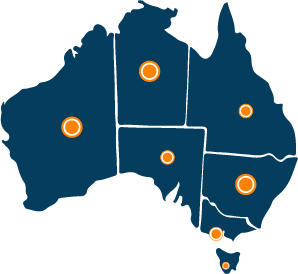 |
The NDIS is rolling out across Australia. | |
 |
You can visit the website to find out when it will be available in your area. [link] |
Equipment in your NDIS plan
 |
To buy equipment through the NDIS, you need to make sure a budget for this equipment is included in your plan. | |
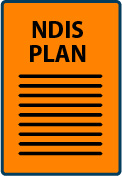 |
Your NDIS plan must have a budget for ‘capital supports’ to pay for the equipment. | |
| When you speak to your NDIS Planner, you need to tell them: | ||
 |
|
|
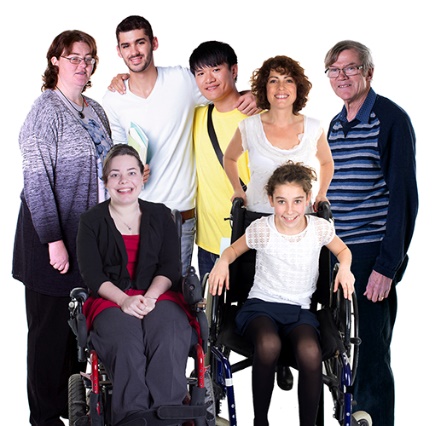 |
|
|
 |
Call us to talk about your options.
1300 663 243 |
Tips for accessing equipment through NDIS
 |
|
|
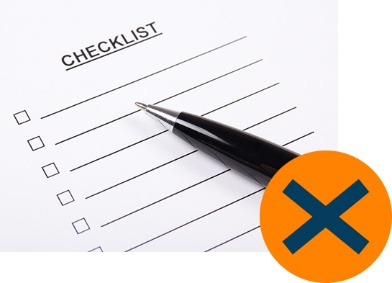 |
|
|
 |
|
|
 |
|
|
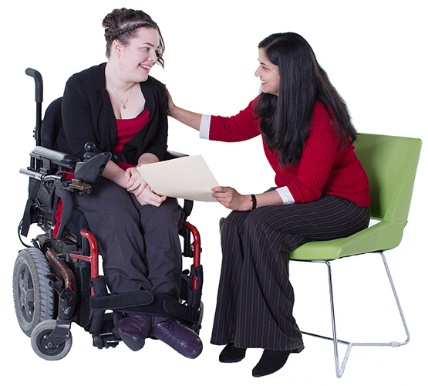 |
|
|
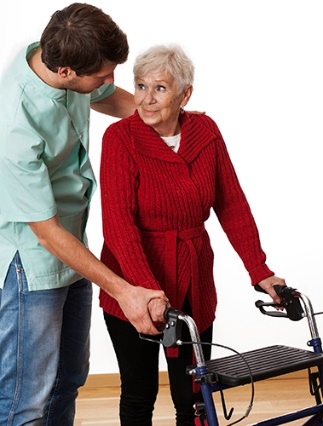 |
|
|
 |
|
Freedom Wheels and the NDIS
 |
The NDIS has guidelines that cover recreation supports. You can read them online. [link] | |
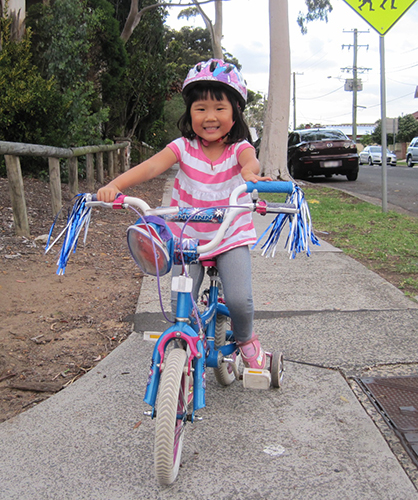 |
Under the NDIS, a Freedom Wheels bike is seen as Assistive Equipment for Recreation. | |
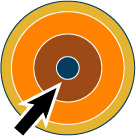 |
Your child’s goal might be ‘to ride a bike’. | |
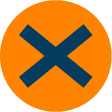 |
The NDIS might not fund this goal. |
| To get funding for a Freedom Bike from the NDIS you need to explain the benefits your child will get from riding a bike, such as: | ||
 |
|
|
 |
|
|
| You can also explain the things they will be able to do, such as: | ||
 |
|
|
 |
|
| The NDIS might: | ||
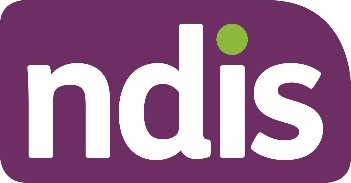 |
|
|
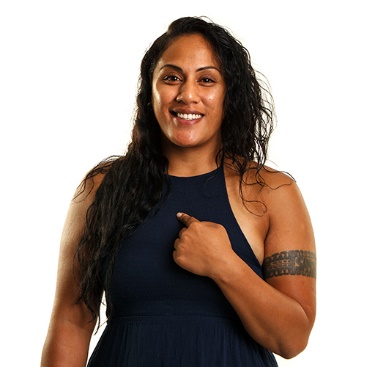 |
|
Word list
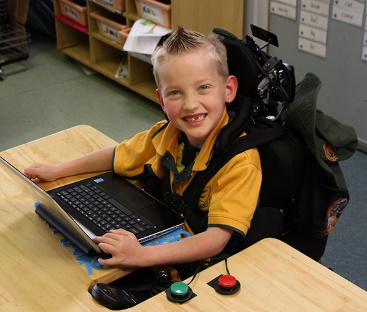 |
Assisted Technology A device that allows you to do something you would find hard to do without help. | |
| This could include a: | ||
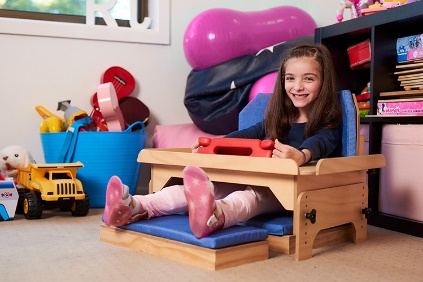 |
|
|
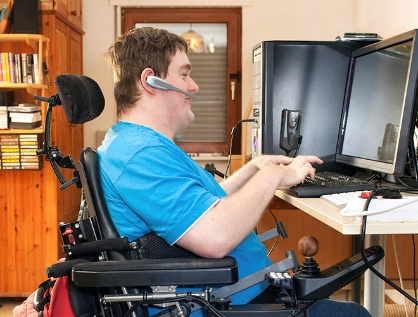 |
|
|
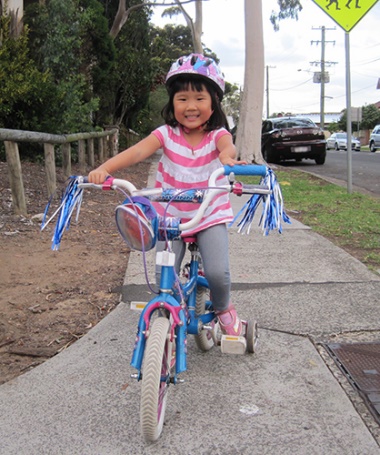 |
|
|
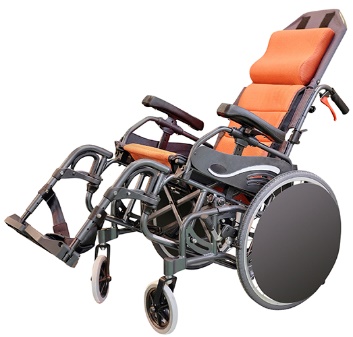 |
|
|
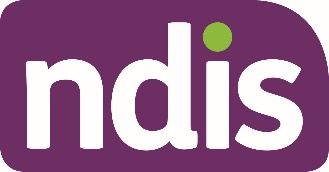 |
Capital Supports Part of your NDIS budget set aside for buying equipment or making changes to your home or work. | |
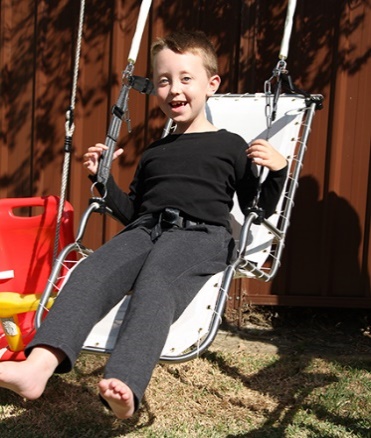 |
Assistive Equipment for Recreation Equipment to help you take part in sports or recreation. | |
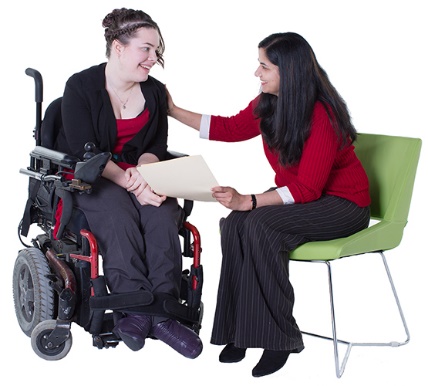 |
NDIS Participant The person whose plan you are developing with the NDIS. | |
 |
NDIS Provider A service or business who can provide support, services or equipment to help a participant achieve their NDIS goals. | |
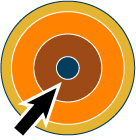 |
Local Area Coordinator or LAC An NDIS employee who will help you set your goals in your NDIS plan. |
Equipment in your NDIS plan
To purchase equipment through the NDIS, you will need to make sure Assistive Technology (equipment) is included in your NDIS plan.
When you speak to your NDIS Planner, you need to tell them what equipment you need, as well as how the equipment will help you to participate in your community.
Call us on 1300 663 243 to discuss your options.
Tips for accessing equipment through the NDIS:
- Make a list of all your current equipment and assistive technology.
- Make a list of the equipment you need but don’t have and get quotes.
- Write down how much it costs to maintain and service this equipment.
- Write down why your equipment is important and what your equipment will help you to achieve.
- Talk to your current therapist and ask them to complete an Assistive Technology Assessment Form to go with each quote to support your request for funding for equipment.
- Talk to your NDIS Planner and share the above documents about your equipment needs and costs, to ensure that you have a budget in your plan for ‘Assistive Technology’.
- Solve-TAD will provide you with a quote and supporting letter when requesting funding.
Freedom Wheels and the NDIS Operational Guidelines on Recreation Supports
The NDIS Operational Guideline that covers recreation supports can be found here: https://bit.ly/2EWM70R
A Freedom Wheels bike will be considered by the NDIS as Recreation Supports. The NDIS has set out a number of guidelines that are important to consider when accessing funding for recreational equipment:
In relation to recreational support, it is important that the support relates to one or more participatory goals. For example, developing greater social networks or greater inclusion in the community.
What does this mean?
If your goal is for you or your child to “ride a bike”, the NDIS may not fund this because it does not relate to increased participation in the community or in social activities. Your goals need to include the activities your child will be able to access if they have a bike, for instance, riding with friends and family in the park, or participating in school or community sports events.
An example of a goal might be: The goal for my child is to develop greater social networks and have greater inclusion in the community, through participating in activities such as cycling with friends and family. To achieve this goal my child needs a Freedom Wheels bike.
The NDIS expect people to make a contribution towards the cost in line with what they would typically pay towards a standard bike. This cost will appear on your quote.
“I have funding in my NDIS plan! Now what?”
Trial
Have a trial with our Occupational Therapist who will prescribe custom supports for you/your child.
Quote
Solve-TAD will provide a quote and supporting letter.
Paperwork
Your therapist will need to complete the NDIA Assistive Technology Assessment Form – they are encouraged to attend the bike trial, otherwise our therapist will provide photos/videos and additional information to assist them in completing this form.
Approval
You or your Local Area Coordinator can send the quote, Assistive Technology Form and Solve-TAD support letter to the NDIA for approval.
Build and Payment
Once approval is received, Solve-TAD will build your new bike and send an invoice to either the NDIA direct or your plan manager for payment. If you are self-managed, you can pay and claim back from the NDIA.
Call us on 1300 663 243 to discuss your options.
Freedom Wheels is a Solve-TAD service. Solve-TAD has a dedicated group of staff and skilled volunteers who design and build customised equipment technology and equipment solutions for those living with a disability.
Frequently Used Terms:
- Assistive Technology: any device that allows you to do something you would find difficult or would not be able to do on your own without help. This could be a special chair, a computer program, a Freedom Wheels bike, a wheelchair; basically, any piece of equipment that assist you to achieve your goals.
- Capital Supports: a section of your NDIS budget that is set aside for buying equipment, or making modifications to a home or workplace.
- Assistive Equipment for Recreation: this includes equipment to assist you to participate in sports and recreational activities.
- NDIS Participant: the person whose plan you are developing with the NDIS.
- NDIS Provider: a service or business who can provide support, services or equipment to help a participant achieve their goals.
- LAC: Local Area Coordinator, a person who can help you find supports and services to help a participant achieve their goals.
- Planner: an NDIS employee who will help you to set your goals in your NDIS plan.
Want to know more about the benefits of riding? Click this link for more information!
